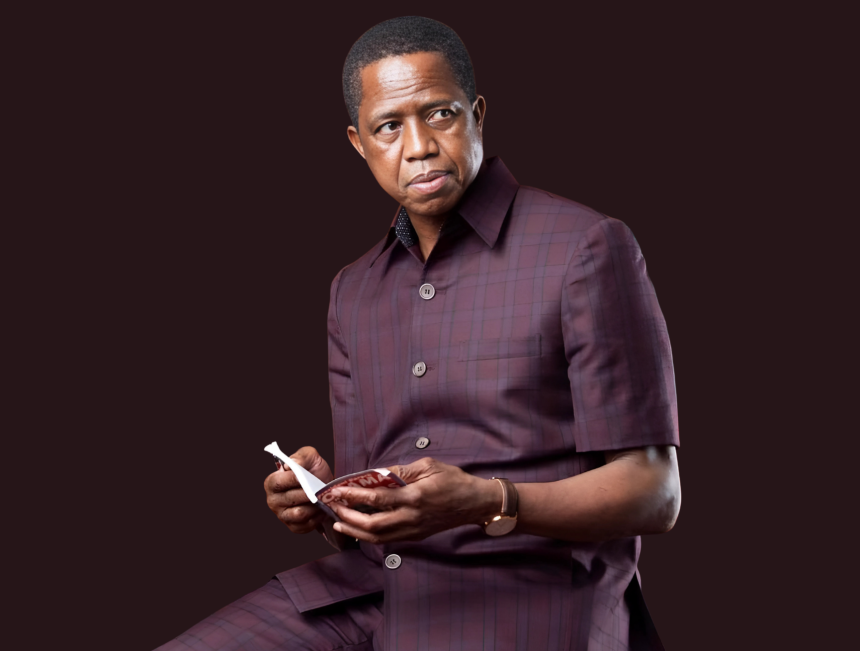By Brian Matambo – Sandton, South Africa
The Gauteng High Court has spoken. On 16 September 2025, Acting Judge-President Ledwaba and his colleagues dismissed the Lungu family’s application for leave to appeal. Legally, the judgment was watertight. Politically, it was expedient. But morally, it was empty.
THE LETTER OF THE LAW
The Court leaned on Section 17 of the Superior Courts Act, requiring “reasonable prospects of success” for an appeal to proceed. It found none. It looked to Zambian law, accepting the Attorney General as “expert enough” on the rights of a former president. It invoked the Kaunda precedent, declaring that even stripped of benefits, Edgar Lungu remained a former president entitled to burial at state expense.
On the face of it, the ruling is unimpeachable. The judges respected international comity, deferred to Zambia’s statutes, and avoided entangling South African common law too deeply in the politics of another nation.
THE SPIRIT OF JUSTICE
But justice is more than statutes and precedents. Justice demands fairness.
In South African law, burial disputes usually start with one guiding question: Who best protects the dignity of the deceased? The answer, time and again, has been the spouse and children. The South African courts have consistently held that in death, as in life, the family comes first.
Here, that principle was brushed aside. Esther Lungu and her children were told that their father, husband, and brother belonged not to them, but to the same state that stripped him of dignity while alive. A state that hounded him through courts, blocked his movements, and humiliated his family, now claims the right to bury him with honor.
Is that law? Yes. Is that justice? No.
THE MORAL CONTRADICTION
The contradiction is glaring. In life, Edgar Lungu was branded unworthy of presidential benefits. In death, he is suddenly worthy of a presidential funeral. The same government that denied him his entitlements now demands his remains. If the law says this is permissible, then the law has lost sight of justice.
Burial is not just protocol. It is intimacy, culture, faith. It belongs first to the family. To deny them this right is to wound them a second time.
A FAIRER WAY
There was another path. The Court could have insisted on a compromise: that the Zambian state may honor Edgar Lungu, but only under the direction and consent of his family. That balance would have respected both the symbolic role of the presidency and the private dignity of a grieving household.
Instead, the Court handed all power to the state and left the family with only grief and legal bills.
THE VERDICT BEYOND THE COURTROOM
This ruling may satisfy legal textbooks, but it does not satisfy the conscience. It reveals how courts, when caught between family rights and state power, too often tilt toward the powerful. In doing so, they mistake order for justice.
History will remember not just how Edgar Lungu lived, but how he was laid to rest. And it will ask: was it right that a man’s persecutors claimed his remains?
The answer lies not in the law reports, but in the realm of fairness. There, the Lungu family deserved to prevail.



Leave a Reply